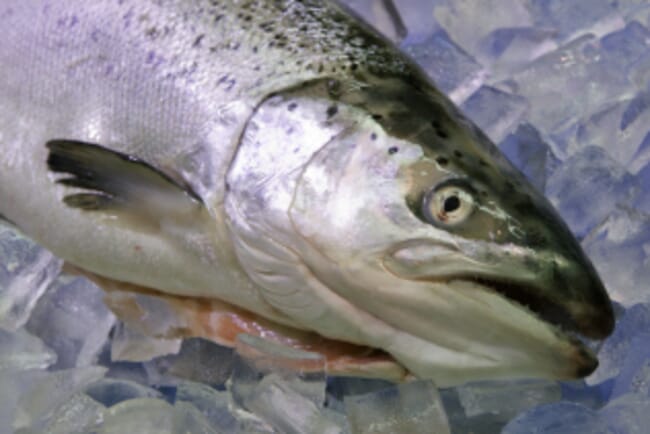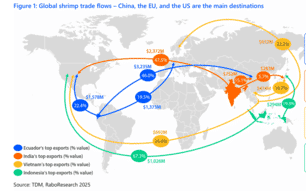
The incident was reported on the Newfoundland Aquaculture Portal on 31 August, after discovering the mortalities exceeded 10 percent. Following inventories in recent days, Mowi Canada East estimated that the total farm inventories prior to the incident were 1,710,424 fish across the three sites, and that current losses are in the region of 400,000 fish. The company stressed that this remains an approximate figure.
“Although we know the approximate scale of the loss we cannot determine an exact figure after only a few days. It will take us some time to establish the final figure. We are committed to providing a final update to the public via the Newfoundland Aquaculture Portal once it is known,” wrote Mowi Canada East in a public statement on LinkedIn.
The Government of Newfoundland and Labrador was notified within 24 hours of the incident being identified. Since then, the company has acted swiftly under the supervision of the Department of Fisheries, Forestry and Agriculture, adhering fully to all government-approved policies and timelines. Measures taken include the mandatory public reporting of the incident and cooperation with on-site inspections carried out by departmental officials.
“This incident is a painful loss for the dedicated and hard-working staff who have cared for and reared these fish for the last two years. The company wishes to thank these staff for their professionalism in quickly responding and dealing with the incident. It is an unfortunate fact that all livestock farmers will encounter and must manage environmental mortality events from time to time,” added Mowi Canada East.
Thermocline inversion, an uncontrollable menace to farms
According to Mowi, environmental monitoring equipment confirmed that the incident was caused by a thermocline inversion – a natural event in which deep, cold, oxygen-poor water rises and displaces the warmer surface layer.
The company reports that it is working closely with veterinary experts from the Aquatic Animal Health Division of the Newfoundland and Labrador Department of Fisheries, Forestry and Agriculture, who have conducted multiple site visits and continue to provide oversight.
Mowi noted that the incident also represents a significant economic setback for the company, following several years of incident-free production, in what has been an environmentally challenging year across Newfoundland, including for the province’s salmon farmers.



